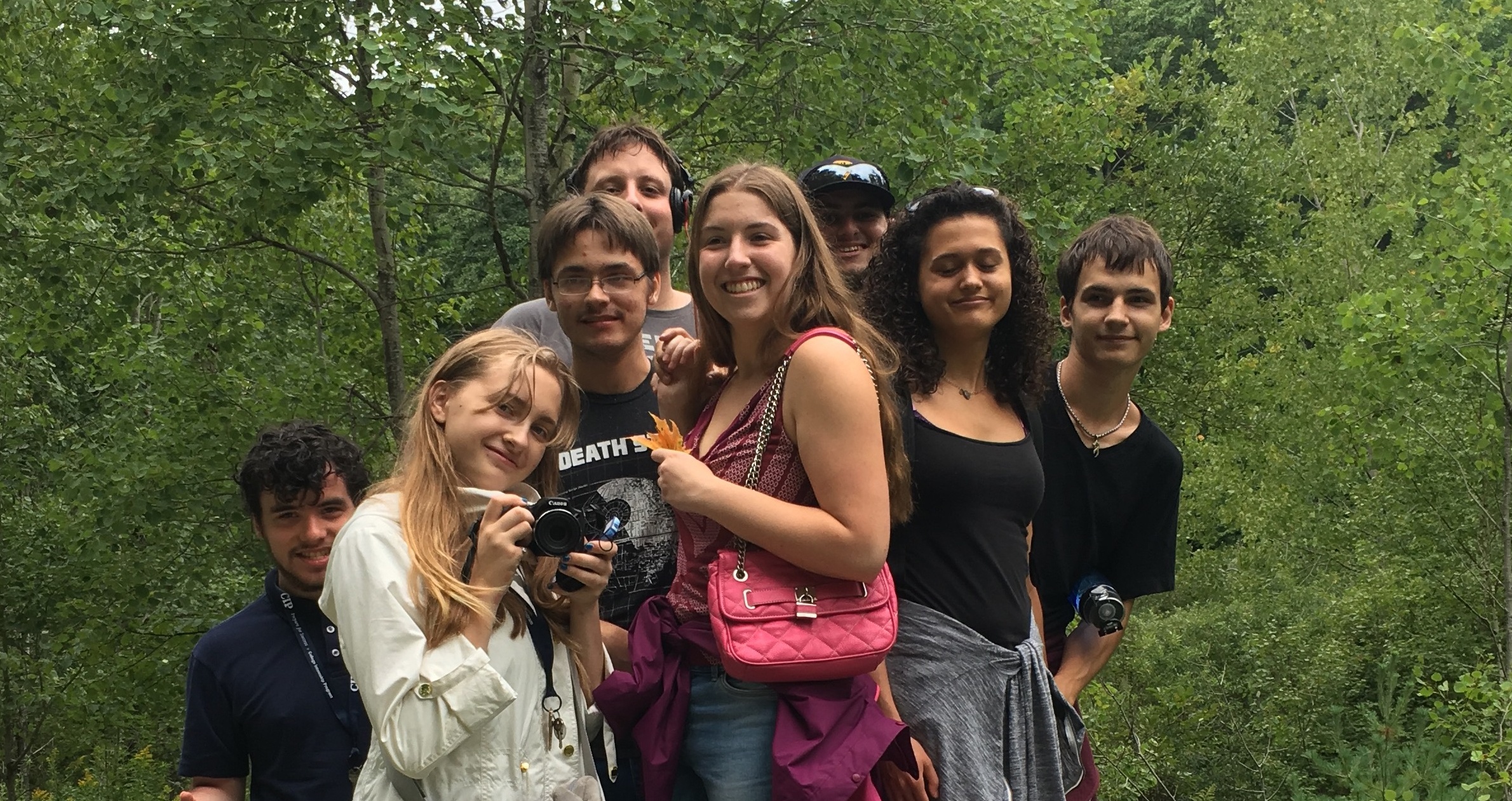
- Featured, Blog, Resources, Social Skills
Teaching Social Skills Through Recreational Activities
Social skills are difficult for most of our students with Asperger’s and learning differences. Many students may be uncomfortable making eye contact or may not understand subtle social cues or facial expressions. Some students may be confused or distressed when new or unfamiliar activities are presented. Students may also struggle with peer interactions.
Recreational activities can help in many ways make students’ social interactions more comfortable. Students should be required to attend some social activities each week. One way staff can mentor students is by allowing them to experience new and different things.
Self-care and grooming are key to how one is perceived and accepted by the community. Self care can be taught for any community experience. The first perception that people get can make or break a social interaction. Recreational activities offer an opportunity to teach grooming, dress and manners appropriate to the event. Expectations vary depending upon the activity. What is appropriate for a local ball game would not be acceptable at a Broadway play.
Any trip that involves interacting with the community can be a positive experience. Pre-teaching allows staff to reduce anxiety students may have. For instance, asking a clerk for help finding something can be challenging for some of our students. Knowing students needs, and rehearsing strategies prior to the interaction can prove to be helpful. Role playing can also be a useful strategy.
Attending activities with students and observing their behavior is the best way to help students gain better social skills. Some students we have observed have trouble with large crowds of people. If you are aware of this student’s issue, you can teach the student to arrive early before the crowd, or later when the crowd has dispersed. This can relieve social anxiety. Students may not know the source of their apprehension, but by experiencing social situations that cause discomfort we are provided with a teaching opportunity.
Staff can work together with students to identify the source of discomfort, and together, develop techniques to improve a student’s comfort level. Once students learn techniques that work for them, they will be able to experience things that they would not before. These strategies are important for the student to learn so they can make adjustments independently and live a life not limited by their social inadequacies.
Residential staff are present in many facets of the student’s lives. Social skills are integral to every aspect of the residential experience for our students. Recreational activities are a medium for social interaction. It allows staff to observe students in social situations that are not available in the school milieu. Here is an example from a CIP Berkshire staff during a shopping trip to the mall:
I looked over at him as he sat on a bench in the middle of the mall stuffing popcorn in his mouth handful after handful. Most of the corn was falling in his lap. This behavior would go unnoticed watching movies in the student lounge. Yet, in the greater community, this behavior drew negative attention to him. Taking trips with students and observing their behavior is the best way to know where they may need help.
One must be careful not to overstep your relationship with students. Students that you have known only a short time are not likely to accept your feedback. Once you have developed a positive relationship with a student, then you can be an effective role model and mentor. Having a positive relationship with your students is important in order for them to accept your help.
About College Internship Program
The College Internship Program is a comprehensive transition program for young adults on the Autism Spectrum and with Learning Differences. Our Mission is to inspire independence and expand the foundation on which young adults with Autism, ADHD, and other Learning Differences can build happy and productive lives.